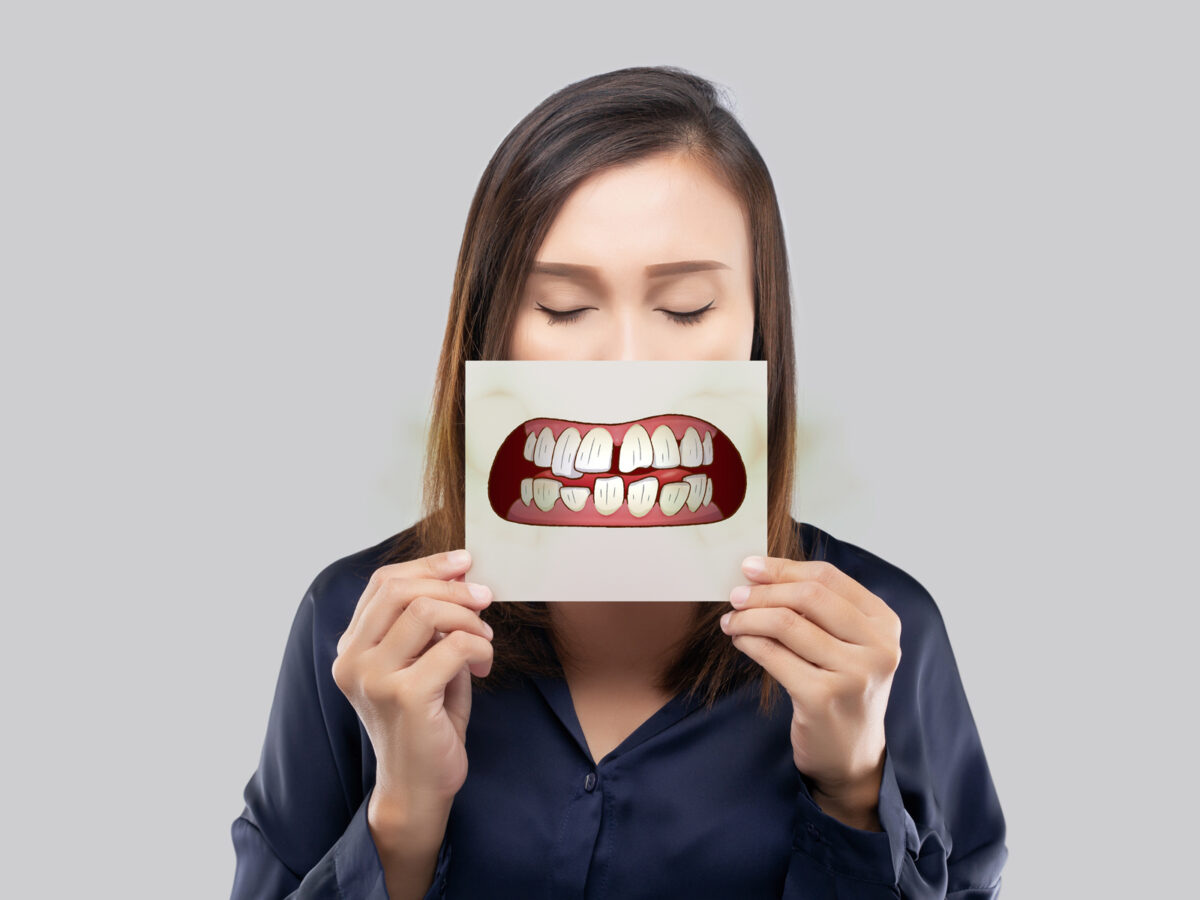Blog
Dental hygiene tips for healthy teeth & gums

How Do Probiotics Affect Your Oral Health?
Our first thought when hearing the word probiotic is what it can do to help us with our digestive system. The benefits of consuming probiotic foods for oral health have also been more evident in recent research.
However, there is not much of a study on oral probiotics yet but it is still said that they can help keep your mouth healthy. There are multiple bacteria in our mouth both good and bad and brushing aggressively or using too many dental care products can cause an imbalance.
You may be able to improve the health of your gut by eating certain foods and taking certain supplements (called probiotics) and they can also help in keeping any gum infection away.
Why do you need probiotics?
Here are some of the benefits of probiotics on your oral well-being:
- Helps manage gingivitis symptoms: Gum disease, also known as gingivitis, can cause gum swelling and soreness. Over 50 gingivitis patients were enrolled in a study in which either Lactobacillus reuteri or placebo was administered to them. The same study two weeks later revealed that probiotics were associated with fewer symptoms and less plaque in the patients who had taken the highest dose.
- The Preventative Treatment for Plaque and Tooth Decay: Streptococcus mutans, a bacteria that produces lactic acid, can create an acidic environment for plaque to form and teeth to decay. Several studies have shown that A12, a “good” bacteria, prevents the growth of streptococcus and inhibits the formation of plaque. In addition, Bifidobacterium can help to prevent cavities or tooth decay. Strep bacteria are reduced in the mouth because of it.
- Halitosis prevention: Following a period of unhealthy gut and mouth bacteria, halitosis can lead to bad breath. Researchers randomized over 20 patients between taking Streptococcus salivarius probiotics or placebos, for three days followed by antimicrobial mouthwash, in which 85 percent of people who took the probiotic supplement experienced a reduction in ” harmful ” bacteria.
- Reduce the inflammation of the gums: The use of supplements having Lactobacillus brevis is said to be reducing oral inflammation in one study. In addition, the consumption of daily probiotic milk may also help in the reduction of mouth inflammation and redness around the tongue.
What are some good sources of probiotics?
Probiotics are available in both food and supplement forms. Among the foods, yogurt, dill pickles, sauerkraut, sourdough bread, milk, soft cheeses, etc. are good sources of the same.
Due to their lower concentration, these foods are better sources of lactobacillus acidophilus for people with a high likelihood of contracting an infection. There are many other sources of prebiotics like in the form of medicine or other drugs.
If your dietitian recommends prebiotics along with probiotics, you should take them together. Because when taken together they help in the growth of good bacteria which can be good for your dental health.
Things to remember!
Supplements such as lactobacillus acidophilus should not cause side effects in healthy individuals. Oral probiotic supplements should not be taken if you have an autoimmune disease that increases the risk of infection.
Probiotics should not be taken by pregnant women, children, or the elderly unless a doctor has prescribed them. In spite of your good health, it is always recommended that you consult your doctor before taking supplements, and lactobacillus acidophilus dosages should never exceed the recommended amount.
In case you fail to follow the doctor’s prescription it can lead to severe side effects and various teeth-related issues that can further impact your overall well-being in the longer run.
In addition, if you intend to make any major changes to your dental routine, consult your dentist first.
